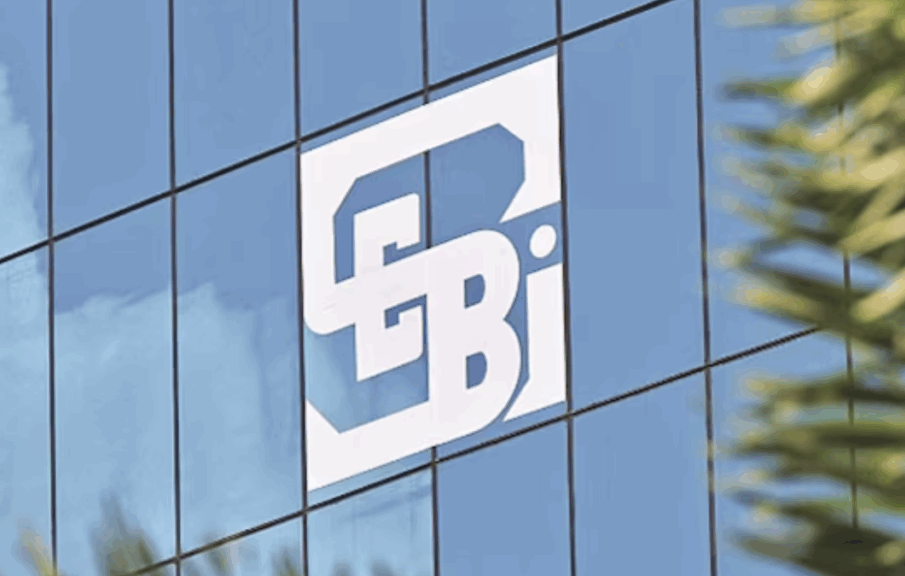How to Spot Fake SEBI Registration Claims in Advisory Firms

If you’re researching investments or tracking the Exide Share Price, you’ve likely come across multiple firms offering stock tips and financial advice. Many of them claim to be a SEBI Registered Advisory, but not all such claims are genuine. With the growing number of unregulated advisors in the market, it’s crucial to know how to identify fake SEBI registration claims to protect your investments and avoid potential fraud.
Why SEBI Registration Matters
A SEBI Registered Advisory firm is regulated by the Securities and Exchange Board of India and must adhere to strict guidelines related to transparency, ethics, and investor protection. Working with a registered advisory ensures that you receive credible, unbiased, and accountable investment advice—especially important when making decisions involving dynamic stocks like Exide.
Unfortunately, some firms falsely claim to be registered, misleading investors and putting their money at risk.
How to Spot a Fake SEBI Registration
1. Always Verify on SEBI’s Official Website
The most reliable way to confirm SEBI registration is by visiting the official SEBI website (www.sebi.gov.in). Navigate to the “Intermediaries” section and search under the “Investment Advisers” category. You can check by the firm’s name or registration number. If the advisory is not listed there, it is not officially registered.
2. Ask for the SEBI Registration Number
A legitimate SEBI Registered Advisory will clearly display their registration number on their website, email signatures, and official documents. If a firm hesitates to provide this or gives vague responses, treat it as a red flag.
3. Cross-Check the Registration Details
Even if a registration number is provided, make sure it matches the advisory’s official name, address, and contact details as listed on SEBI’s website. Fake firms sometimes use valid numbers but with altered or forged names.
4. Beware of Aggressive Promotions and Unrealistic Guarantees
SEBI-registered advisors are not allowed to promise guaranteed returns or make exaggerated claims like “double your money in 10 days.” If an advisory firm is making such promises while claiming SEBI registration, it’s likely not genuine.
5. No Push for Upfront Payments or Add-On Charges
SEBI regulations require fee structures to be transparent and disclosed in advance. Fake advisory firms may pressure clients into making upfront payments or charge hidden fees. A genuine SEBI Registered Advisory will follow ethical billing practices.
6. Check for NISM Certifications
All registered advisors must have valid certifications from the National Institute of Securities Markets (NISM). Ask for the advisor’s qualification and certification details and verify them if needed.
Protect Yourself with Awareness
Whether you’re evaluating high-potential stocks like the Exide Share Price or building a diversified portfolio, choosing a real SEBI Registered Advisory is essential. Falling for fake claims can lead to poor investment decisions and financial losses.
Conclusion
Fake SEBI registration claims are a growing concern in India’s investment advisory space. However, with a few simple checks—like verifying registration on SEBI’s website, cross-checking advisor details, and being cautious of false promises—you can easily spot and avoid fraudulent firms.
Remember, genuine SEBI Registered Advisory firms work in your best interest, follow transparent processes, and help you make informed, confident investment decisions.











